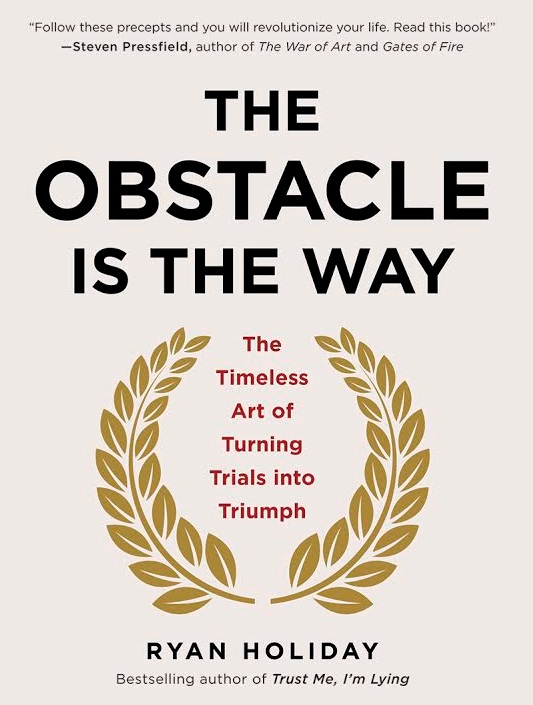Last updated on May 24, 2015
1. The Obstacle Is the Way, by Ryan Holiday. Put simply, this is the best nonfiction book I have read in years. In it, Holiday boils down the core principles of Stoicism so you don’t have to spend your evenings reading Seneca, Epictetus, or Marcus Aurelius (though you certainly should), and he explains how we have the freedom to choose how we react to adversity, and how we can turn even the worst things that happen to us into positives. Best of all, Holiday discusses these things with clear eyes, without any self-delusion. Reading this book, I realized I applied many of the principles it teaches without even realizing it, but I still managed to learn a great deal, and I plan on giving a copy of this book to every single one of my graduate students when they graduate.
2. Main Street, by Sinclair Lewis. This novel, which led to Lewis being the first American to win the Nobel prize for literature in 1930, can serve as a parable for development practitioners. Carol Kennicott is a liberal, educated young woman from the Twin Cities who moves to Gopher Prairie, a small village in rural Minnesota that’s the home of the man she marries. Finding that the village is ugly, uninteresting, and filled with people who have little to no interest in the finer things in life, Carol sets out to beautify Gopher Prairie… and fails miserably, eventually becoming one of those people she had initially despised.
3. The Masks of God, vol. 1: Primitive Mythology, by Joseph Campbell. Though I do not discuss it on this blog, I spend a lot of time reading about religion and spirituality. Campbell wrote extensively on mythology, and this is the first of four volumes on the common threads found (e.g., death and resurrection, human stealing fire from the gods, etc.) in mythologies around the world. This first volume covers primitive peoples; volume 2 and 3 cover eastern and western mythologies, and the final volume covers mythology in modern times. This is a great read if you want to understand what all religions have in common, and to understand what Frithjof Schuon referred to as “the transcendent unity of (all) religions.”
4. The Gnostic Gospels, by Elaine Pagels. Having been born and raised Catholic, I was never taught that the Bible as we know it was the result of a highly political process where the powers of the church got to decide what was and what was not canon, and this book contains really interesting insights about the political economy of the Bible. The Gnostic gospels are those gospels which were ruled out and whose teachings were often denounced as heretical by the Catholic church: the god of the Old Testament (who is all about anger) might not be the same as the god of the New Testament (who is all about love); the female aspect of the Holy Trinity might have been made gender-free by calling it “Holy Spirit,” and denying the feminine aspect of God; Jesus might well have been married to Mary Magdalene; etc.
